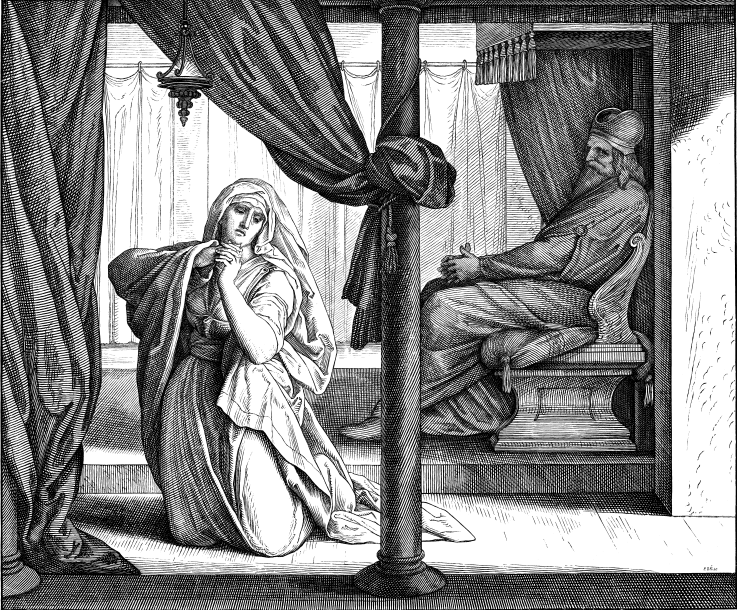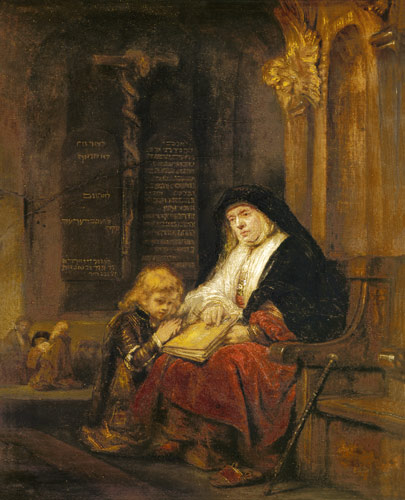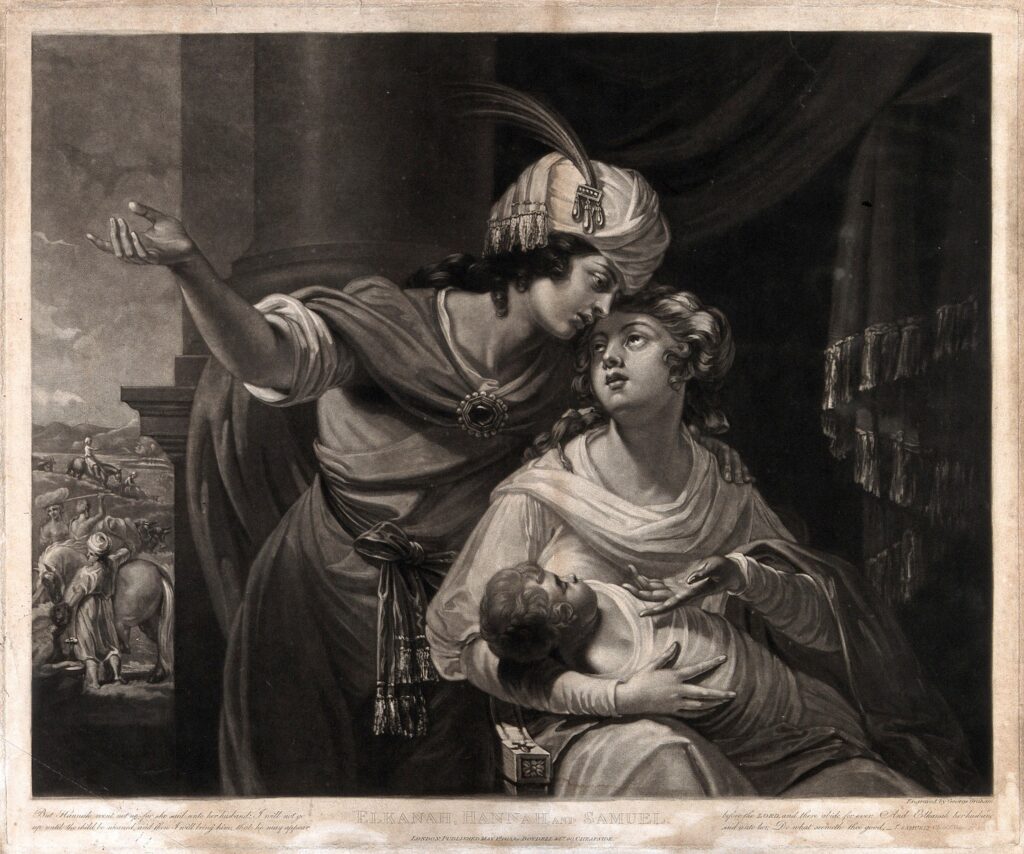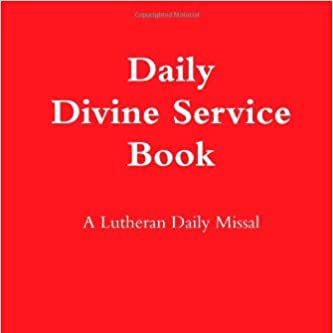
The Song of a Mother
When one considers the story of Hannah in the Old Testament, the mother of the prophet Samuel, he ought to remember that she provides Christians with one of the finest Biblical examples of a barren yet faithful woman who was given a son. She foreshadows Mary in a few ways, connecting the Old to the New Testament and pointing the way to Christ.
1 Samuel 1:2–2:21 details her narrative: Hannah was the childless one of two wives of Elkanah, severely grieved over her inability to conceive and birth a child. She prayed fervently to the Lord, praying and weeping outside of the temple doors, asking God to give her a son. The priest, Eli, heard her and spoke God’s word to her, telling her to go in peace and that the God of Israel would grant her petition.
She promised that if she were granted a child, she would dedicate him to the Lord. Her prayers were answered, and she gave birth to Samuel. The name means “God has heard”—it was evident that Hannah never forgot her promise. When Samuel was weaned, she went to the temple with her sacrifices, a three-year-old heifer and skin of wine, presenting him to the priest. She exclaimed:
“O my lord! As your soul lives, my lord, I am the woman who stood by you here, praying to the Lord. For this child I prayed, and the Lord has granted me my petition which I asked of Him. Therefore I also have lent him to the Lord; as long as he lives he shall be lent to the Lord” (1 Samuel 1:26-28).

Her exclamation and later song are yet another allusion to the Virgin Mary, paralleling the same sentiments Jesus’ mother expressed. Hannah sang:
“My heart rejoices in the Lord; my horn is exalted in the Lord. My mouth derides my enemies, because I rejoice in your salvation. No one is holy like the Lord, for there is none besides You, nor is there any rock like our God. Talk no more so very proudly, let no arrogance come from your mouth; for the Lord is a God of knowledge, and by him actions are weighed. The bows of the mighty are broken, and those who stumbled are girded with strength. Those who were full have hired themselves out for bread, and the hungry have ceased to hunger. Even the barren has borne seven, and she who has many children has become feeble. The Lord kills and makes alive; He brings down to the grave and brings up. The Lord makes poor and makes rich; he brings low and he lifts up. He raises the poor from the dust and lifts the beggar from the ash heap, to set them among princes and make them inherit the throne of glory. For the pillars of the earth are the Lord’s, and he has set the world upon them. He will guard the feet of His saints, but the wicked shall be silent in darkness. The adversaries of the Lord shall be broken in pieces; from heaven He will thunder against them. The Lord will judge the ends of the earth, He will give strength to His king, and exalt the horn of His anointed.” (1 Samuel 2:1-10).
A Brief History
Matriarch St. Hannah’s story and her commemoration by the Church on September 2nd serves as a time to reflect upon God’s answers to our prayers. Hannah’s longing for a child was placed in her heart by God, and she did what he asks us all to do—bring those wants to him (Philippians 4:6).
In her weakness Hannah turned to the Lord, and in her faithfulness God granted her promise. He gave her a son whom she in turn gave back to him. She does what Rebekah, Sarah, and Rachel failed to do, believing the Lord’s promises to her with unwavering faith. Once again foreshadowing Mary and her faith, Hanah acts much like Mary: she gave her most beloved son up to fulfill God’s greater plan. Her prayer came to fruition, and through her faith she has been recognized throughout the ages, known as not only a mother but also an Old Testament matriarch and, more specifically, the mother of Samuel: a prominent prophet, judge, and king-maker. Yet the Lord wasn’t done with her after him. Besides Samuel, she went on to have five more children. Indeed, in Hannah the Church recognizes a woman of great fruitfulness and faithfulness, a true emblem of the meaning of her name, “grace” and “favor.”

Collect
Hear us, O God, our Savior: so that we, who rejoice in the feast of Blessed Hannah, may learn from her the spirit of loving devotion; through Jesus Christ, Thy Son, our Lord, who liveth and reigneth with Thee and the Holy Ghost: ever one God, world without end. Amen.
Lessons
Resources
Issues, Etc. interview with the Rev. Dr. Timothy Saleska on Old Testament Matriarch Hannah
Issues, Etc. interview with the Rev. Dr. Kevin Golden on Hannah, Mother of the Prophet Samuel
Propers found in Daily Divine Service Book: A Lutheran Daily Missal, edited by the Rev. Heath Curtis
References:
1. Weedon, William. Celebrating the Saints. Concordia Publishing House. 2016.
2. Treasury of Daily Prayer. Concordia Publishing House. 2008.
Images:
1. Hannah’s Prayer, Julius Schnorr von Carolsfeld, Germany, 1825.
2. The Prophet Hannah in the Temple, Samuel’s Prayer Testing, Rembrandt, Italy, ca. 17th century.
3. Elkanah and Hannah discuss the weaning of Samuel, George Graham, England, 1815.



